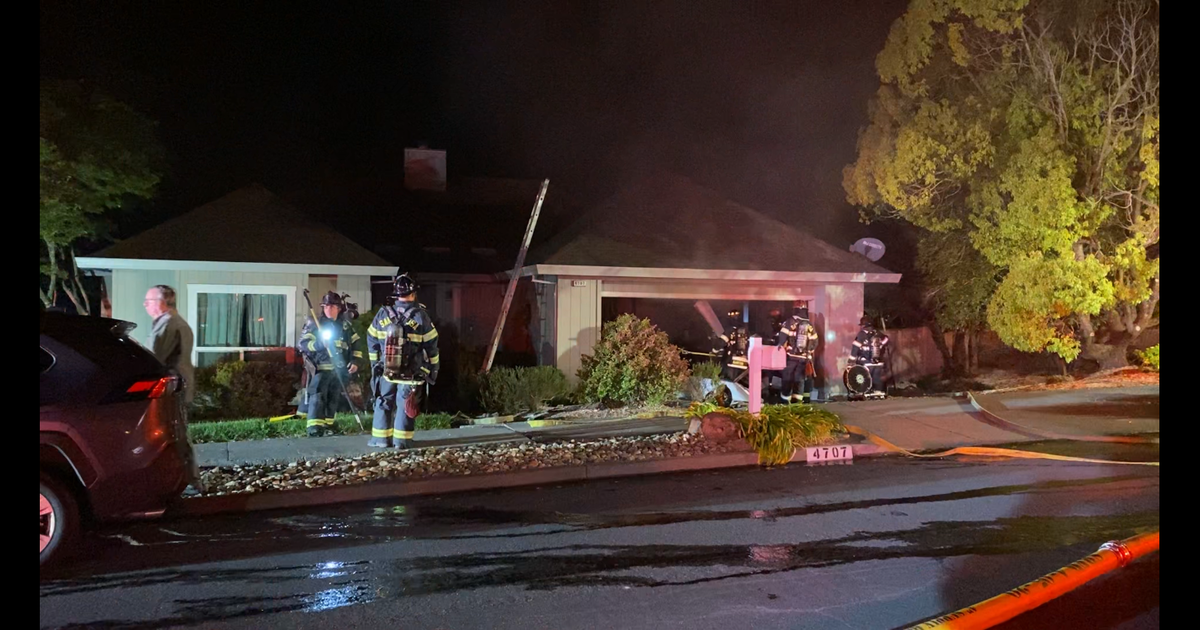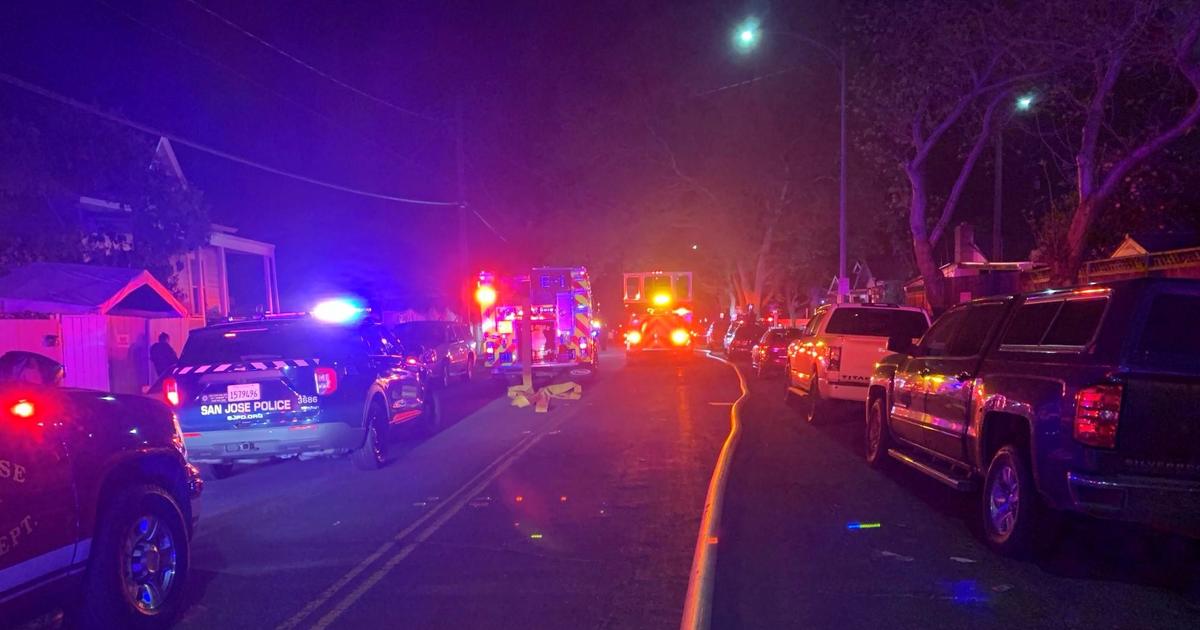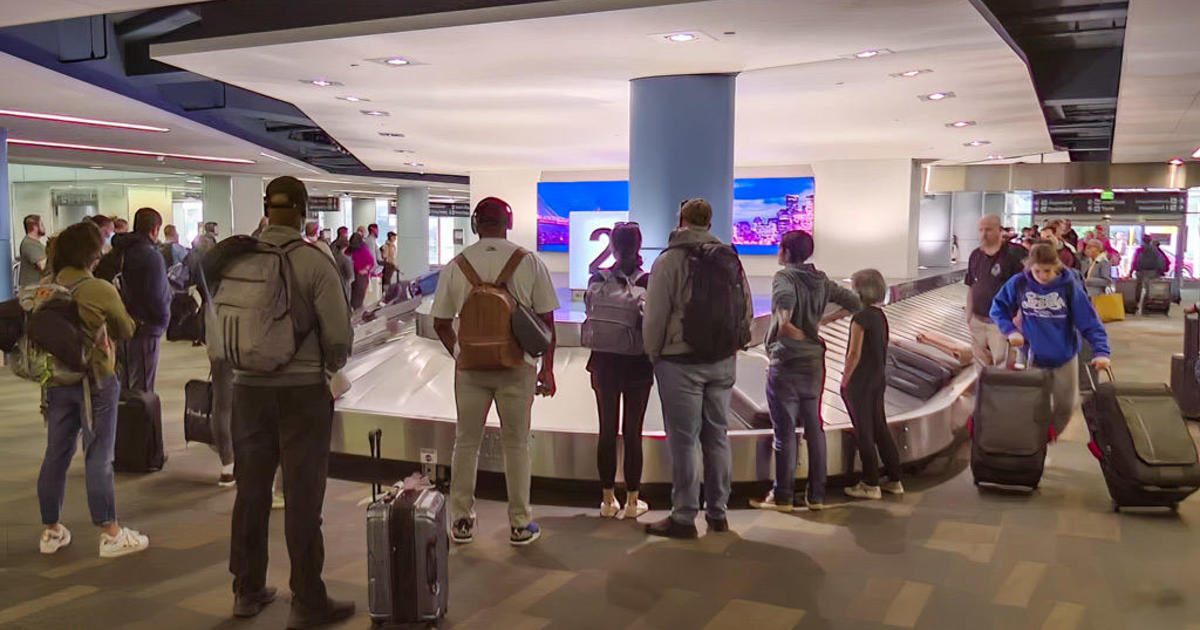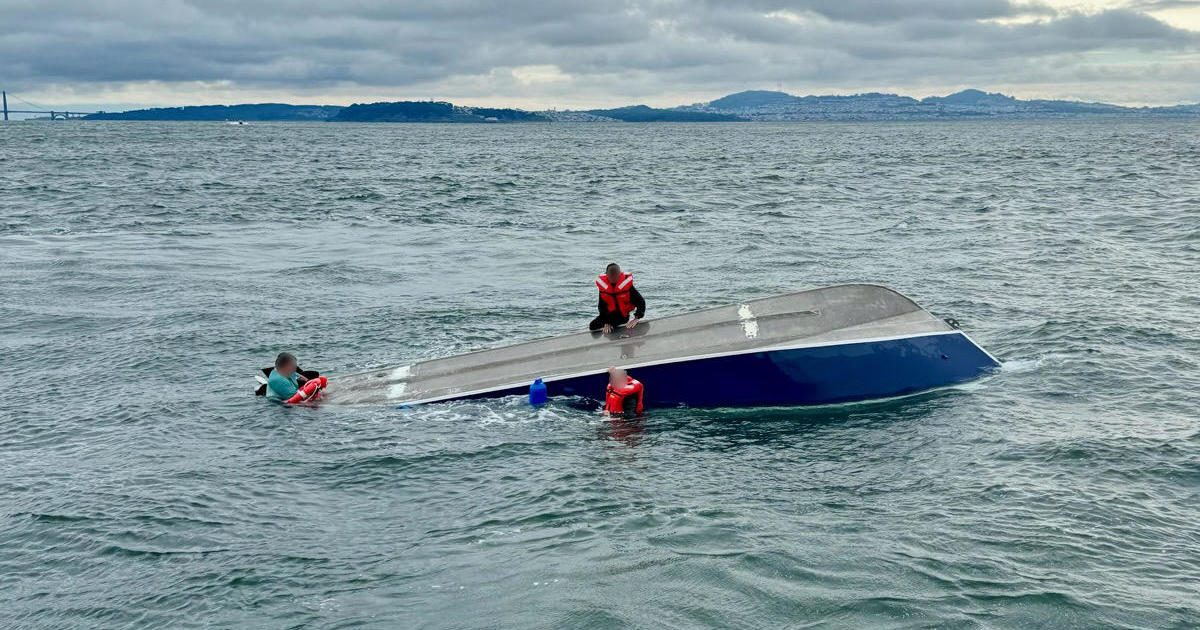Trump, Kim Sign "Comprehensive" Document, Commit To Denuclearization
SINGAPORE (AP) — President Donald Trump and North Korean leader Kim Jong Un have signed a joint document in which they commit to working "toward complete denuclearization of the Korean Peninsula."
The document signed by the leaders at their historic summit Tuesday also says they will join efforts "to build a lasting and stable peace regime" on the Korean Peninsula.
The White House has yet to release the document's text. But it was photographed by the news media during a signing ceremony.
The document lays out four broad commitments. It says the sides "commit to establish new U.S.-DPRK relations in accordance with the desire of the peoples of the two countries for peace and prosperity."
And it says they will commit to recovering the remains of prisoners of war and those missing in action.
Trump said Tuesday as the leaders wrapped up their historic summit in Singapore that he and Kim "have developed a very special bond" during their day together.
And he says, "Both sides are going to be impressed with the result."
President Trump praised Kim as a "very worthy, very smart negotiator" on behalf of his people as the two leaders bid each other farewell after their historic summit.
Trump was asked by reporters in Singapore during his final appearance with Kim on Tuesday what surprised him most during their meetings.
Trump says Kim has a "great personality" and is "very smart. Good combination."
Trump also says he learned Kim is "a very talented man" and "loves his country very much."
Trump says he "absolutely" would invite Kim Jong Un to the White House.
Kim told reporters that "the world will see a major change," though it's unclear how.
Trump became the first sitting American president to meet a North Korean leader when the two shook hands and sat down to talk at a resort hotel in Singapore.
Around Asia and the world, many have welcomed a flurry of diplomacy between the two adversaries in recent months, after a year of mounting tension and threats. Hopes for peace on the long-divided Korean Peninsula, however, remain tempered by the many failed attempts in the past.
The leaders of South Korea, Japan and Malaysia were among those wishing for a successful summit.
South Korean President Moon Jae-in said he "could hardly sleep last night" in anticipation of the meeting and expressed hope for "complete denuclearization and peace".
New Malaysian Prime Minister Mahathir Mohamad, on a visit to Tokyo, said "I hope that both parties will accept the fact that, in negotiation, both sides must be prepared to give in certain issues if they expect to reach a good conclusion."
China, which provided a Boeing 747 that flew Kim from Pyongyang to Singapore, wants to ensure its interests are preserved in any negotiations, namely that they don't result in a unified Korea that is pro-American.
An editorial in the official English-language China Daily emphasized China's role in bringing Trump and Kim together. It called on them to maintain the positive momentum.
"This would not only reward all those who have spared no efforts in their attempts to make their meeting a reality, it would also enable both to hail it as a success," the editorial read in part.
Hu Xijin, the editor of influential Communist Party newspaper Global Times, said that he was "truly happy for this moment." He dismissed as cynical those Chinese internet users who asked if Beijing had been marginalized in these talks.
"I think these people really grew up in negative energy," he wrote on his Sina Weibo microblog. "They should see how all the major media outlets around the world are commenting that China's role in solving the denuclearization question is irreplaceable."
At a train station in Seoul, the South Korean capital, people cheered and applauded as televisions screens broadcast the Trump-Kim handshake live.
"I really, really hope for a good outcome," said Yoon Ji, a professor at Sungshin University in Seoul. "I am hoping for denuclearization and a peace agreement and also for North Korea's economy to open up."
Some questioned whether Kim would fully relinquish the weapons he may see as his only guarantee of survival.
"I am still not sure whether the North is willing to denuclearize or not," said Jo Han-won. "We never knew much about the North Korean regime and it's hard to distinguish what's true and what's false."
Japan's largest newspaper, the Yomiuri, printed a special edition in both Japanese and English that was distributed for free in major cities 90 minutes after the meeting began.
Passers-by outside a Tokyo train station snapped up 500 copies in a flash, excited to have a souvenir of the historic event. They generally welcomed the meeting as a good first step but wondered if any progress would be made on the fate of Japanese abducted by North Korea in the 1970s and 1980s.
"My biggest concern is the abduction issue, then the nuclear and missile," said 70-year-old retiree Tomoaki Kenmotsu. "I have no idea how much the abduction issue is being taken up at the summit, but I hope it will be a good start for that issue too."
The hard work remains to come, said Momoko Shimada, a 20-year-old student: "After the handshake and political show will be the real action. I believe that won't be easy."
© Copyright 2018 The Associated Press. All Rights Reserved. This material may not be published, broadcast, rewritten or redistributed.



